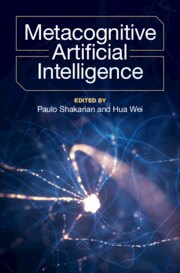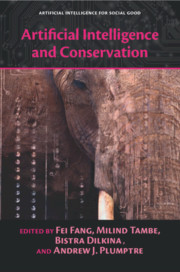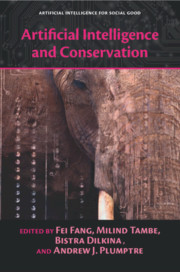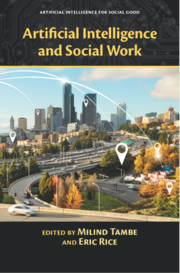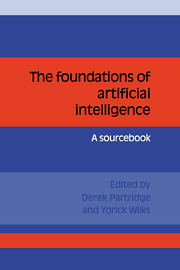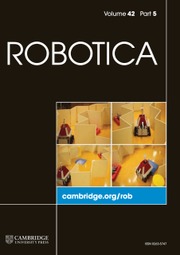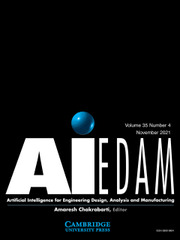Metacognitive Artificial Intelligence
This groundbreaking volume is designed to meet the burgeoning needs of the research community and industry. This book delves into the critical aspects of AI's self-assessment and decision-making processes, addressing the imperative for safe and reliable AI systems in high-stakes domains such as autonomous driving, aerospace, manufacturing, and military applications. Featuring contributions from leading experts, the book provides comprehensive insights into the integration of metacognition within AI architectures, bridging symbolic reasoning with neural networks, and evaluating learning agents' competency. Key chapters explore assured machine learning, handling AI failures through metacognitive strategies, and practical applications across various sectors. Covering theoretical foundations and numerous practical examples, this volume serves as an invaluable resource for researchers, educators, and industry professionals interested in fostering transparency and enhancing reliability of AI systems.
- Helps researchers and practitioners design AI models with higher levels of self-awareness and adaptability
- Fosters an interdisciplinary approach to AI development
- Provides a jumping-off point for research in a highly active field
Reviews & endorsements
'This book offers a fascinating exploration of the astounding relationship between metacognition and AI. It provides readers with a comprehensive understanding of how AI systems can be designed not only to make accurate predictions but also to learn from their mistakes and improve over time. The authors explore various methods for enhancing trust in AI models by incorporating aspects of human cognitive processes, providing practical insights for building more reliable and transparent AI technologies.' Todd C. Hughes, Scientific Systems Chief Innovation Officer
'This book on metacognitive AI addresses a timely and critical question in the general field of artificial intelligence: how to make AI systems more reliable and self-aware. The book strikes a good balance between theories, methods, and applications. It is an invaluable resource for researchers and practitioners.' Hanghang Tong, University of Illinois Urbana-Champaign
Product details
July 2025Adobe eBook Reader
9781009522502
0 pages
Not yet published - available from July 2025
Table of Contents
- Part I. Introduction:
- 1. Metacognitive AI Hua Wei, Paulo Shakarian, Christian Lebiere, Bruce Draper, Nikhil Krishnaswamy, Sarath Sreedharan and Sergei Nirenburg
- Part II. Taxonomy of Metacognitive Approaches:
- 2. An architectural approach to metacognition Christian Lebiere, Robert Thomson, Andrea Stocco, Mark Orr and Donald Morrison
- 3. Metacognitive AI through error detection and correction rules Bowen Xi and Paulo Shakarian
- 4. Mutual trust in human–AI teams relies on metacognition Sergei Nirenburg, Marjorie McShane and Thomas M. Ferguson
- Part III. Neuro-Symbolic Models in AI:
- 5. Learning where and when to reason in neuro-symbolic inference Christina Cornelio
- 6. Assessment of competency of learning agents via inference of temporal logic formulas Zhe Xu, Nasim Baharisangari, Jean-Raphaël Gaglione and Ufuk Topcu
- Part IV. Metacognition with LLMs:
- 7. Metacognitive intervention for accountable LLMs through sparsity Tianlong Chen
- 8. Metacognitive insights into ChatGPT's arithmetic reasoning Noel Ngu, Paulo Shakarian, Abhinav Koyyalamudi and Lakshmivihari Mareedu
- Part V. Metacognition in Learning Agents:
- 9. Uncertainty quantification's role in metacognition Gavin Strunk
- 10. The role of predictive uncertainty and diversity in embodied AI and robot learning Ransalu Senanayake
- Part VI. Assured Machine Learning in High-Stakes Domains:
- 11. Towards certifiably trustworthy deep learning at scale Linyi Li
- 12. Metacognition with neural network verification and repair using Veritex Xiaodong Yang, Tomoya Yamaguchi, Bardh Hoxha, Danil Prokhorov and Taylor T. Johnson
- Part VII. Metacognition as a Solution to Handle Failure:
- 13. Reasoning about anomalous object interaction using plan failure as a metacognitive trigger Nikhil Krishnaswamy
- 14. Tractable probabilistic reasoning for trustworthy AI YooJung Choi
- Part VIII. Applications of Metacognitive AI:
- 15. Robust and compositional concept grounding for image generative AI Yezhou Yang
- 16. mLINK: Machine learning integration with network and knowledge Sergei Chuprov, Raman Zatsarenko and Leon Reznik
- 17. Military applications of artificial intelligence metacognition Bonnie Johnson.

